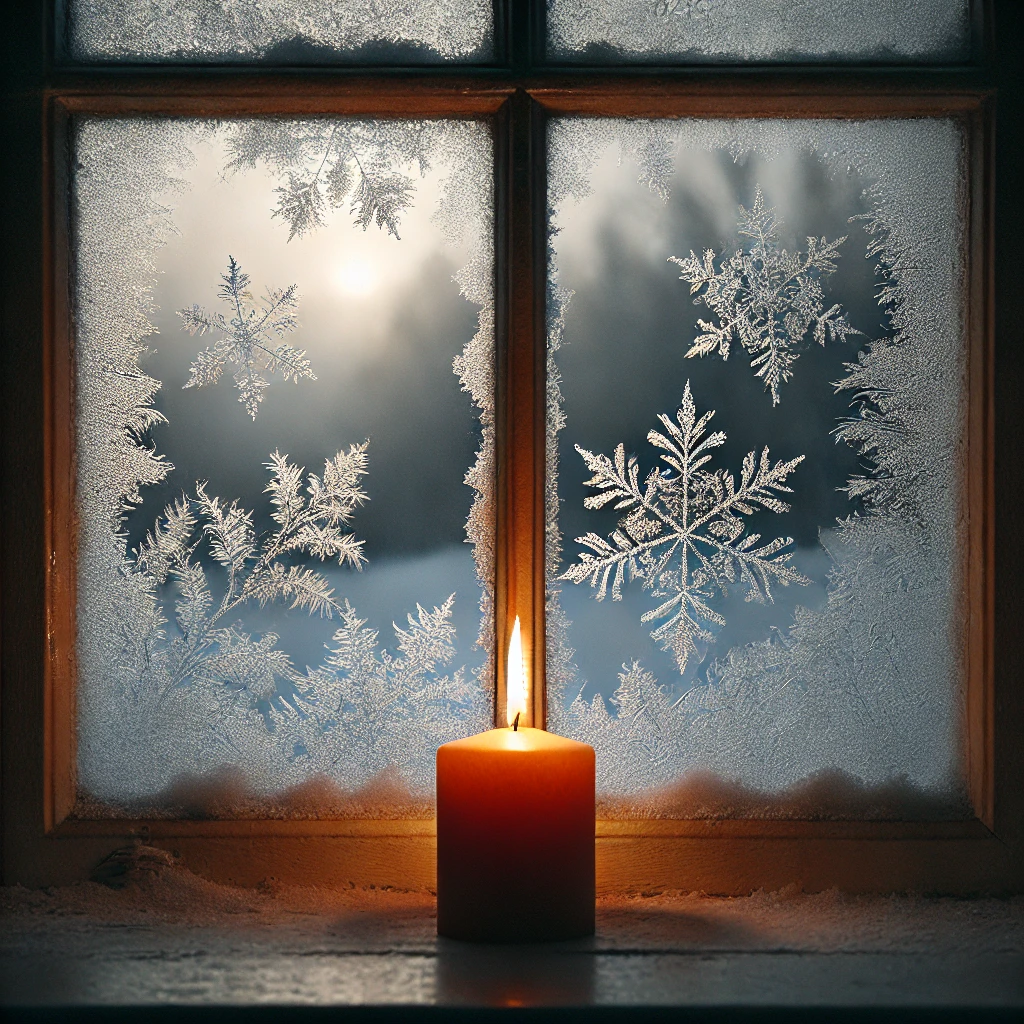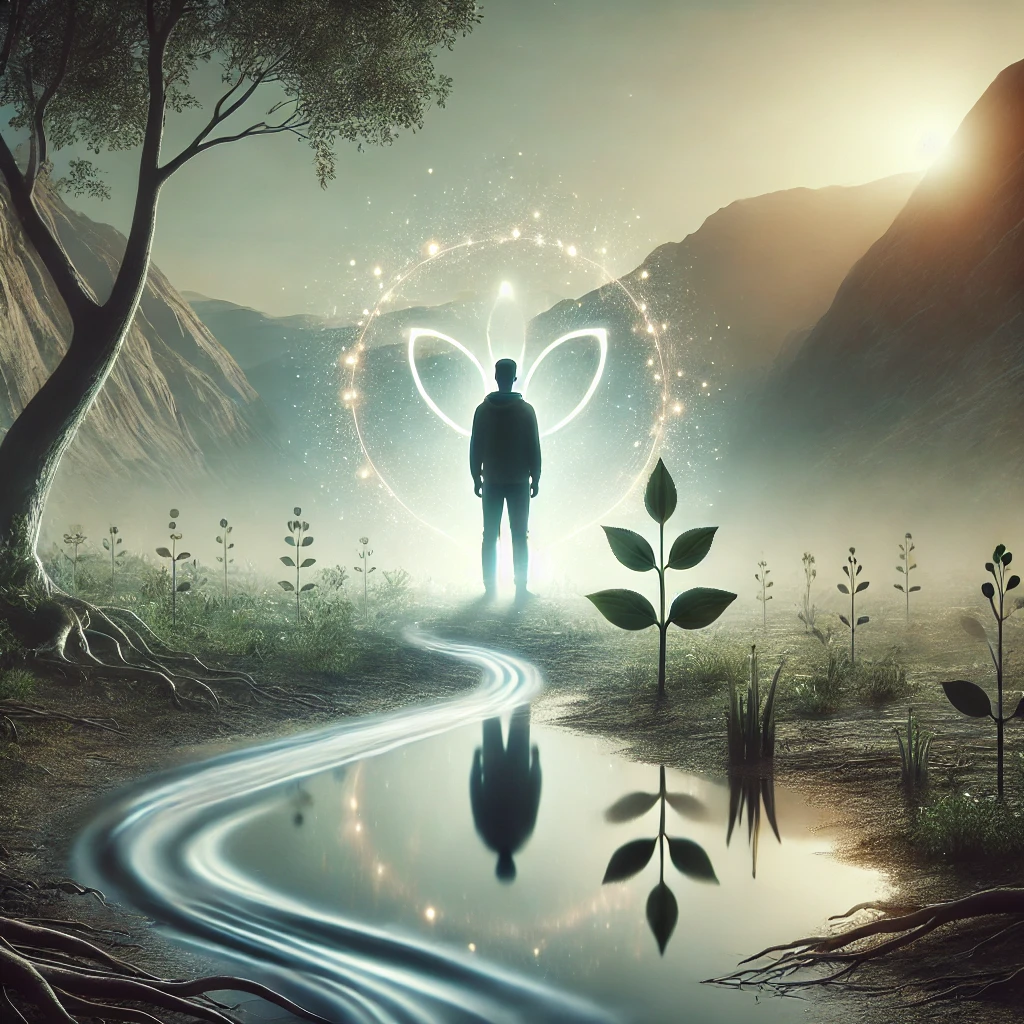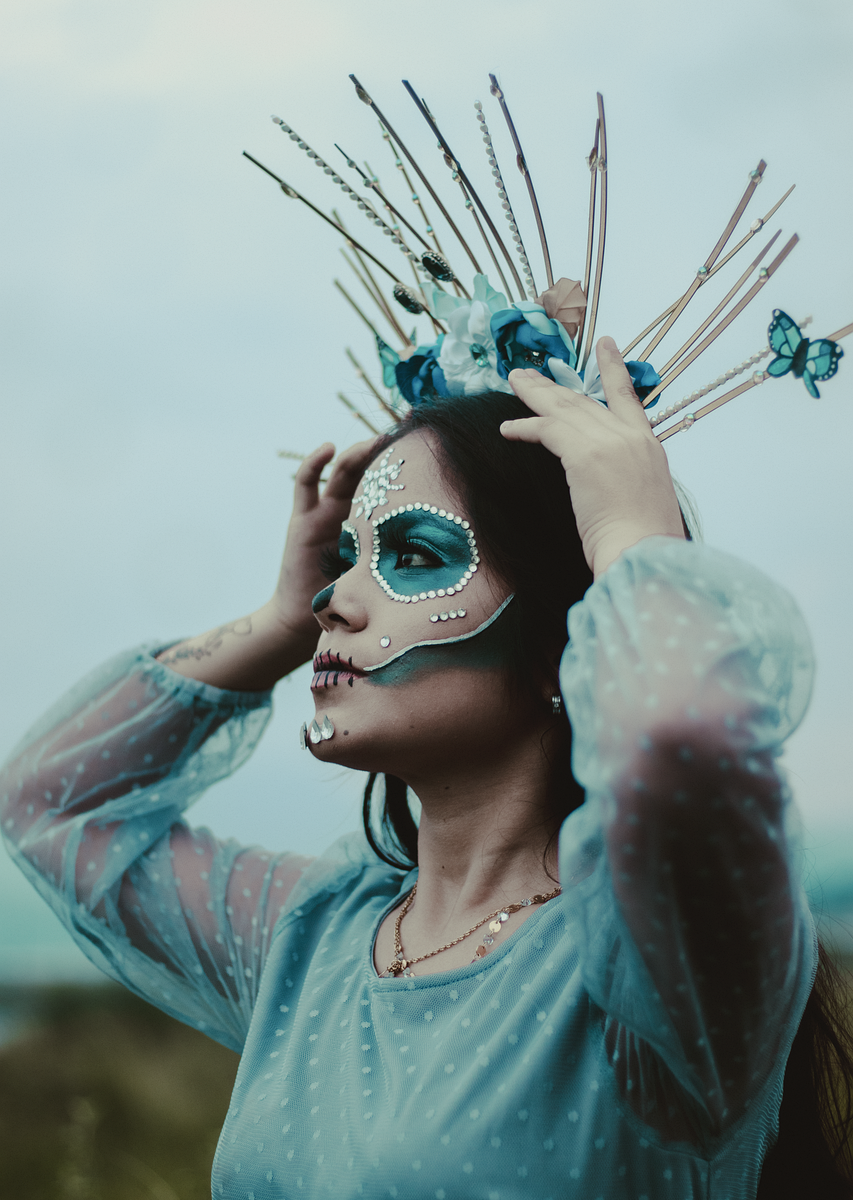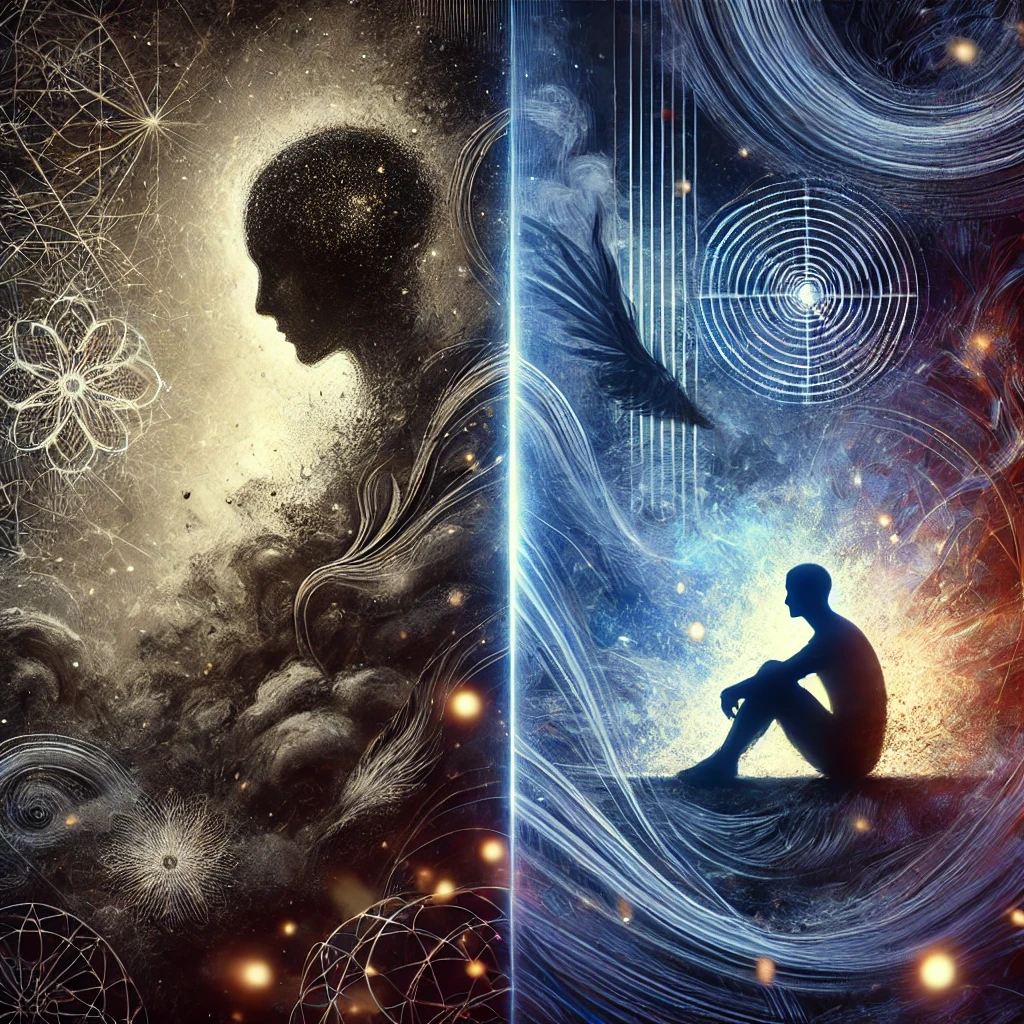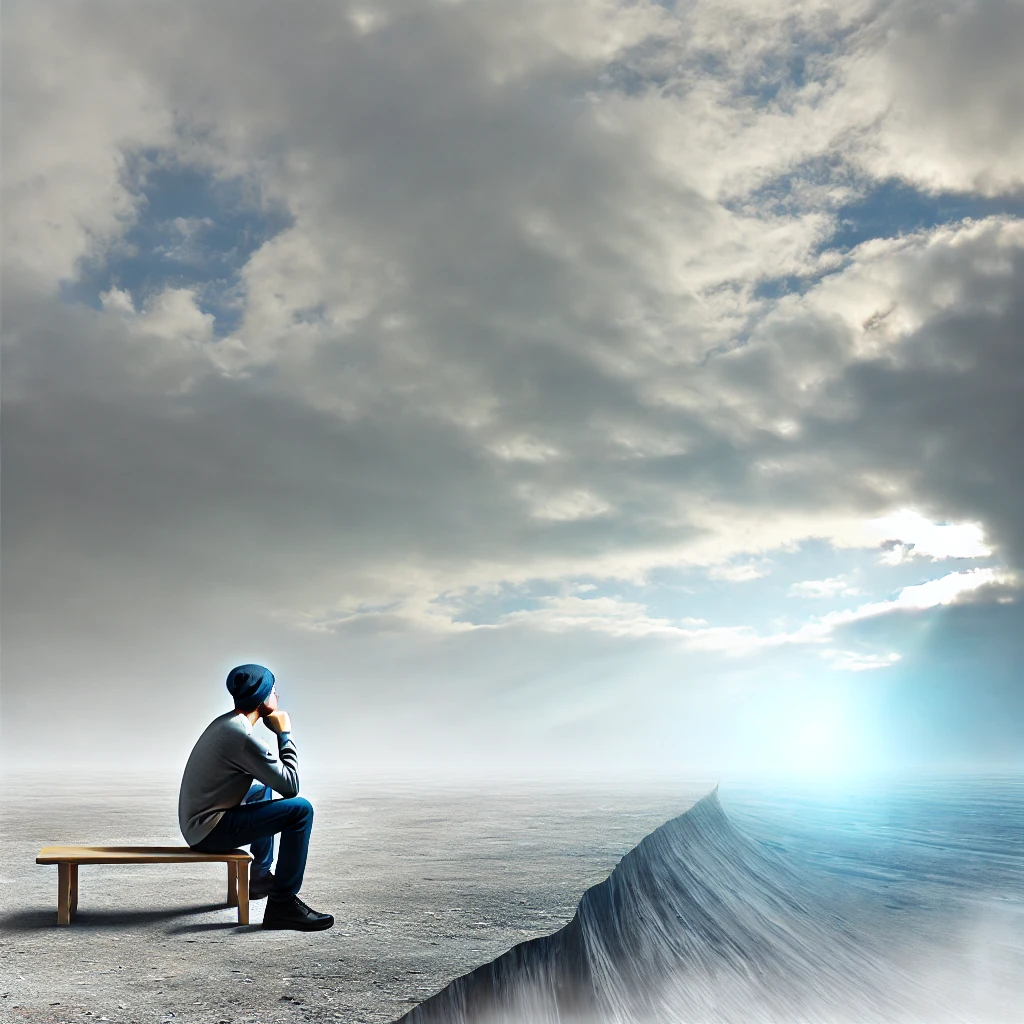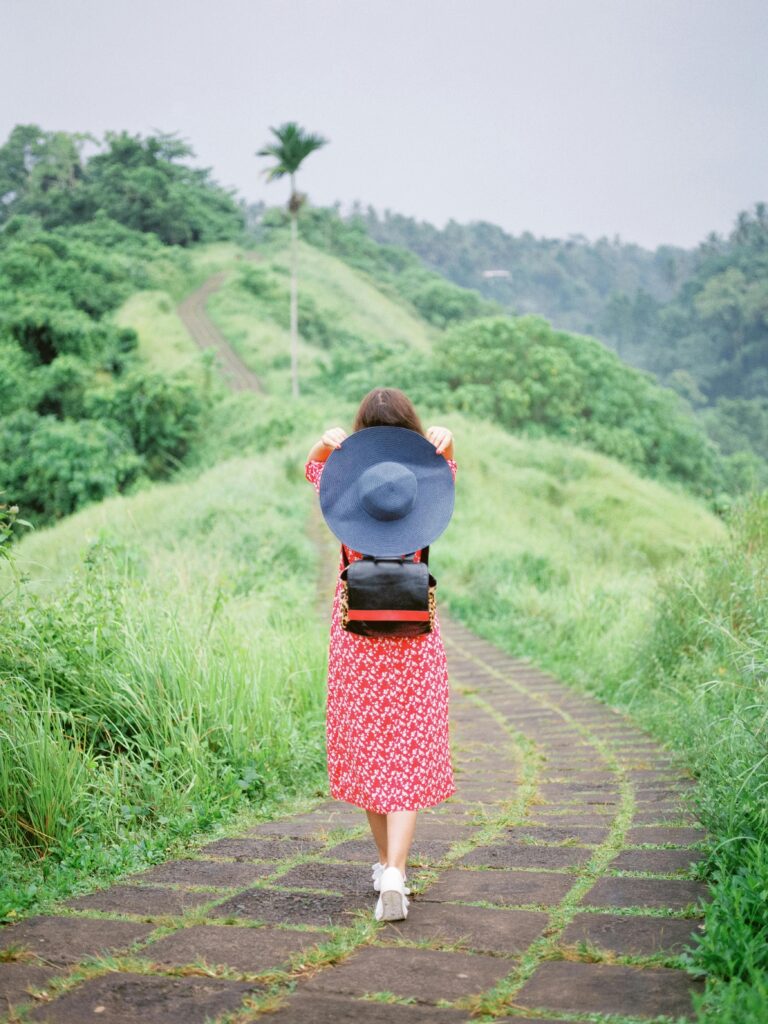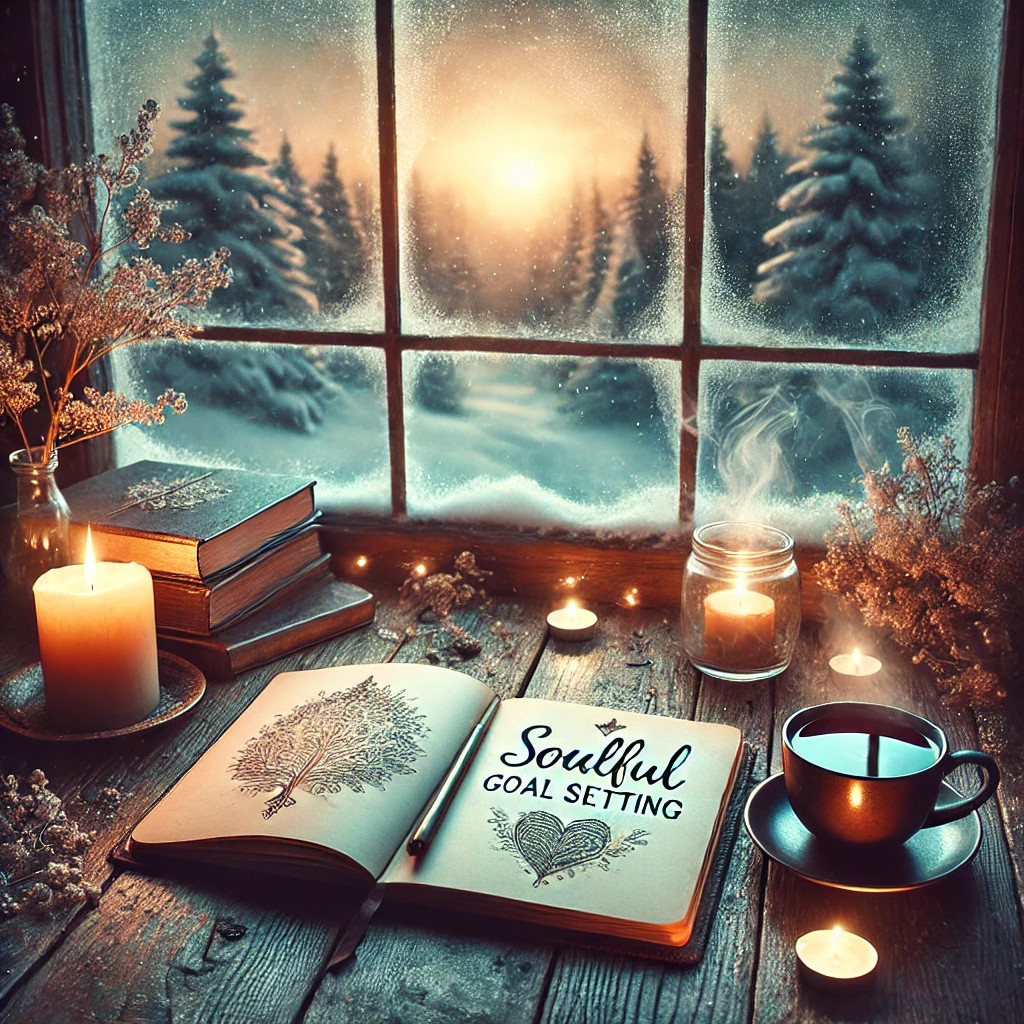
As the new year begins, we’re often drawn to make resolutions – promises to ourselves to improve or achieve something. But how many times have you found yourself abandoning those resolutions by February? It’s not that you lack willpower or discipline; the problem often lies in the goals themselves. Many traditional resolutions focus on what we think we should do, rather than what truly aligns with who we are and what we value.
This year, I invite you to try a different approach: soulful goal setting where you align your goals with your values and aspirations.
Prefer to watch rather than read? Check out the video below.
What Is Soulful Goal Setting?
Soulful goal setting isn’t about ticking boxes or chasing someone else’s version of success. It’s about creating goals that reflect your deepest values, your authentic aspirations, and the kind of person you want to become. Instead of looking outward for validation or direction, soulful goal setting starts with looking inward.
To help you get started, download our free Soulful Goal Setting Worksheet – it’s a simple tool to guide you through the process step by step.
This process encourages you to:
- Reflect on your values: What matters most to you? What guides your decisions and actions?
- Connect with your aspirations: What would a life of meaning and fulfilment look like for you?
- Focus on being, not just doing: Who do you want to be as you work toward your goals?
Steps to Set Soulful Goals
Step One: Start with Reflection
Before setting any goals, take some time to reflect on the past year. What brought you joy? What drained your energy? What felt aligned with your values, and what didn’t?
Journaling prompts:
- What are three things I’m proud of from last year?
- What didn’t go as planned, and what did I learn from it?
- What values did I live by most consistently?
Step Two: Identify Your Core Values
Your values are the foundation of soulful goals. Take a moment to write down the three to five values that matter most to you. These might include creativity, connection, growth, freedom, or service.
If you’re unsure of your values, our Soulful Path to Life Purpose programme includes an activity to help you uncover them.
Step Three: Envision Your Best Self
Imagine yourself at your best—living a life that feels purposeful and fulfilling. What does that look like? How do you spend your time? How do you feel? This vision can guide your goals.
Step Four: Set Intentional Goals
Once you’re clear on your values and vision, craft a small set of meaningful goals. Make them:
- Specific: What exactly do you want to achieve?
- Values-Aligned: How does this goal reflect your values?
- Purpose-Driven: How does this goal help you become the person you want to be?
For example:
Instead of “Exercise more,” try: “Prioritize my health by moving my body in ways that feel joyful and energizing three times a week because I want to stay fit enough to play with my grandchildren and do activities with them.”
Instead of “Save money,” try: “Cultivate financial security by setting aside 10% of my income for future adventures because I value growing and learning through exploration and pushing myself outside of my comfort zone.”
Staying Soulfully Committed
Setting soulful goals is only the beginning. Staying committed requires regular reflection and recalibration. Make time each month to check in with your goals. Ask yourself:
- Are these goals still aligned with my values?
- Am I making progress in ways that feel fulfilling?
- What adjustments do I need to make?
This ongoing process is something we explore in depth in Soulful Path to Life Purpose programme. The programme offers tools and activities to help you stay connected to your values, aspirations, and best self throughout the year.
A Year of Meaning and Purpose Awaits
As you set your intentions for the year, remember that soulful goals aren’t about perfection—they’re about alignment. When your goals come from a place of authenticity and purpose, you’re more likely to follow through, not because you have to, but because you want to. If you’re ready to start your journey, we’ve created a free downloadable worksheet to guide you through the process.
Thank you for reading this series. As a gift, I’d like to share my free guide:
Walking the Soulful Path – How to Bring Purpose and Meaning into Your Everyday Life.
Subscribe to the monthly Soulful Path newsletter to receive your copy – plus ongoing insights and resources to help you stay connected to what matters most.

